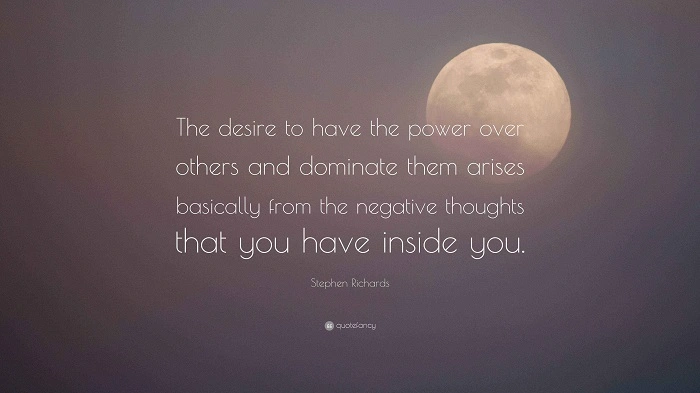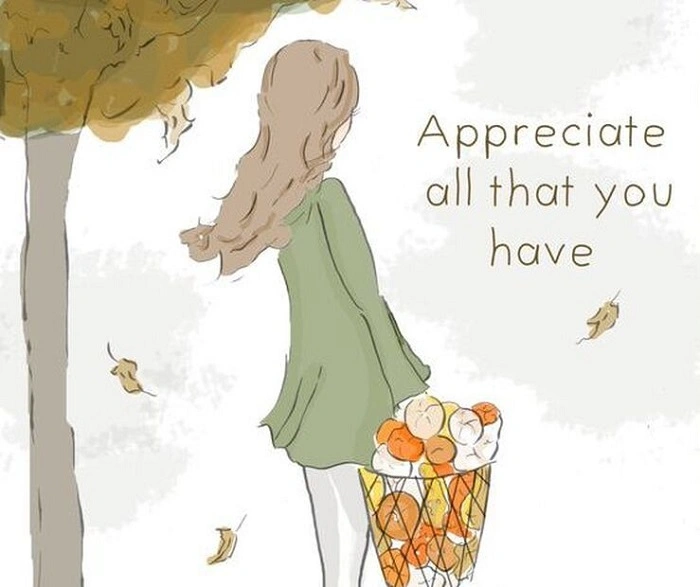The phrase “God, I wish that were me” is an expression many of us have used at some point in our lives. It conveys a longing, a sense of envy, or even a desire to step into someone else’s shoes for a moment. Whether it’s seeing someone’s success, lifestyle, or achievements, this phrase captures a universal feeling—one that can be both motivating and harmful, depending on how we approach it.
In this article, we’ll explore the deeper psychological meanings behind this expression, how comparison can shape our identity, and ways to embrace personal growth without falling into the trap of envy.
The Desire for What Others Have
We’ve all seen someone else’s life unfold, whether on social media, in our professional circles, or in our personal lives, and thought, “God, I wish that were me.” It could be someone’s new car, a vacation they’re on, their relationship status, or their career success. At its core, this statement reflects a feeling of inadequacy or longing. The grass is always greener on the other side, right?
But is it really? The desire to be in someone else’s position often stems from an idealized perception of their life. Social media, for instance, only highlights the best moments, the milestones, and the moments of joy—rarely do we see the struggles, sacrifices, and failures. Yet, we compare ourselves to these polished snapshots and wish for the same success or happiness.
The Psychology Behind “God, I Wish That Were Me”
Psychologically, this expression is rooted in the concept of social comparison. Social comparison theory, proposed by psychologist Leon Festinger in 1954, suggests that we evaluate ourselves by comparing to others. These comparisons can be upward or downward—upward comparisons occur when we look at those we perceive as “better off,” while downward comparisons happen when we look at others and feel better about our situation.
Upward comparisons often trigger feelings of envy, dissatisfaction, or even self-loathing. When we believe that someone else’s life is more fulfilling or successful, it creates a sense of inadequacy. In contrast, downward comparisons might lead to feelings of superiority, but they don’t always motivate growth or progress.
However, constant upward comparisons can erode our self-esteem and happiness. Instead of seeing others as sources of inspiration, we start to view them as threats or reminders of what we don’t have.
The Impact of Social Media on Desire
The rise of social media has magnified the feeling of “God, I wish that were me” by putting the lives of others on constant display. Platforms like Instagram, Facebook, and Twitter allow people to share their personal milestones, vacations, relationships, and successes. While these platforms help us stay connected, they also foster an environment ripe for comparison.
What we often forget is that social media only shows a curated version of life. Behind the picture-perfect images of tropical vacations or romantic dinners, there may be a hidden story of struggles, stress, and imperfection. The problem arises when we see these snapshots and start comparing our behind-the-scenes life to someone else’s highlight reel.
The Pressure to Keep Up
There is a subtle, yet powerful pressure to “keep up” with others, especially when it comes to social media. People share their successes, and we’re left feeling like we need to do the same to keep pace. This leads to a cycle where we constantly feel like we’re falling short of expectations.
“God, I wish that were me” becomes more than just a passing thought—it transforms into a deep-seated belief that we are somehow “less than” others. This can create a false sense of urgency, driving us to chase achievements and status symbols that may not align with our true desires.
Turning Envy into Motivation
While envy can be destructive, it doesn’t have to be. Instead of allowing the feeling of “God, I wish that were me” to foster resentment, we can turn it into motivation. Seeing someone else’s success doesn’t have to make us feel inferior—it can spark the desire to achieve similar success in our own way.
By channeling the energy from our comparisons into productive action, we can create our path. It’s important to remember that the journey of others doesn’t diminish our own journey. Everyone’s timeline is different, and comparing your beginning to someone else’s middle often leads to frustration and self-doubt.
Embracing Your Unique Path
Rather than wishing to be someone else, focus on creating a life that aligns with your own values and goals. It’s easy to fall into the trap of comparing our behind-the-scenes to someone else’s highlight reel, but everyone faces challenges—what we often forget is that those challenges are what shape our unique story.
Instead of saying “God, I wish that were me,” try shifting your mindset to “How can I make my life as fulfilling and meaningful as theirs?” This subtle shift in perspective can be empowering, allowing you to focus on what truly matters to you instead of what others have achieved.
Learning to Appreciate What You Have
One of the most powerful ways to combat the desire for someone else’s life is by practicing gratitude. When we focus on the positives in our own lives, it helps us recognize that we have everything we need to be happy and successful in our own way.
Gratitude can take many forms—from acknowledging your achievements, appreciating your relationships, or being thankful for your health. When we shift our focus from what we lack to what we have, we stop longing for what others have and begin to see the value in our own journey.
The Power of Self-Compassion
Another key element in overcoming the feeling of “God, I wish that were me” is self-compassion. It’s easy to be hard on ourselves when we compare our lives to others, but practicing self-compassion helps us navigate those feelings with kindness and understanding. Instead of berating yourself for not having achieved what others have, be gentle with yourself and recognize that everyone’s path looks different.
Self-compassion involves treating yourself with the same care and understanding that you would offer to a close friend. By embracing self-compassion, we can free ourselves from the chains of comparison and start embracing our unique journey with grace.
FAQs
Why do I feel envious of others?
Envy often stems from a feeling of inadequacy or a belief that others have something we lack. It’s rooted in social comparison, which can trigger emotions of longing or jealousy.
How can I stop comparing myself to others?
Start by recognizing that everyone’s journey is unique. Practice gratitude and self-compassion to focus on your own growth rather than comparing yourself to others.
Can social media make comparison worse?
Yes, social media often showcases a curated version of life, leading to unrealistic expectations and comparisons. It’s important to remember that what we see online is only a snapshot, not the full story.
How can I turn envy into motivation?
Use envy as a signal of what you desire and channel that energy into action. Instead of feeling inferior, use it to fuel your own growth and achievements.
Is it possible to stop feeling envious altogether?
While it may not be possible to eliminate envy entirely, practicing gratitude, focusing on personal growth, and embracing self-compassion can help reduce its impact over time.



